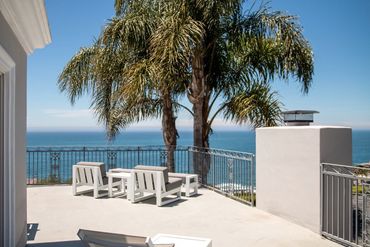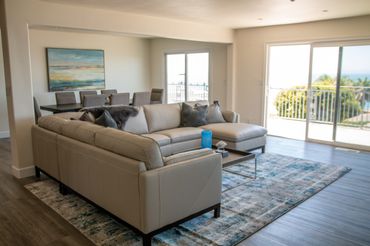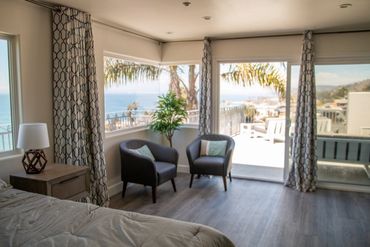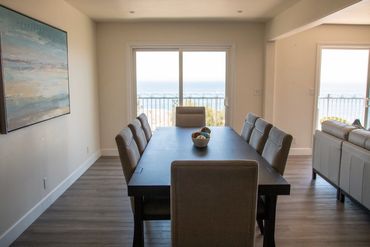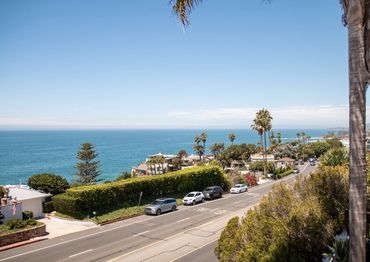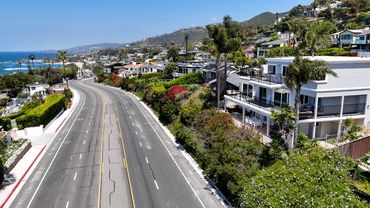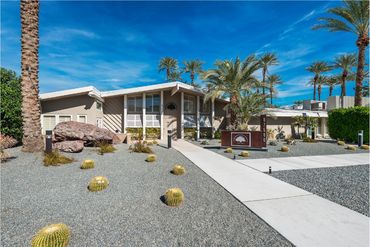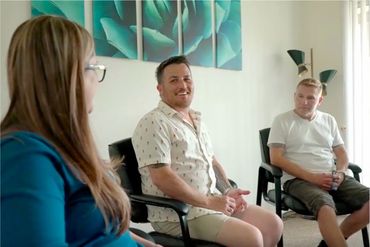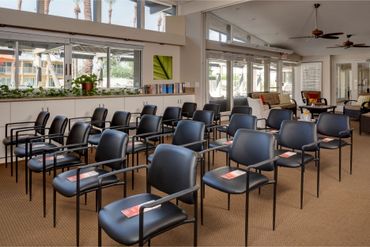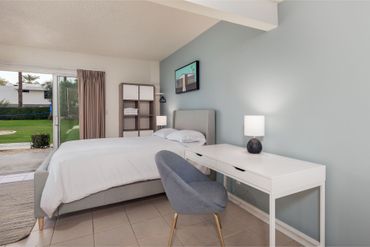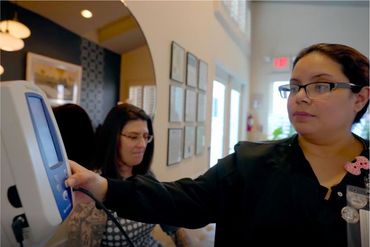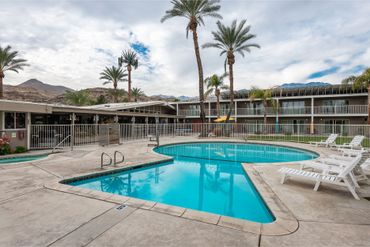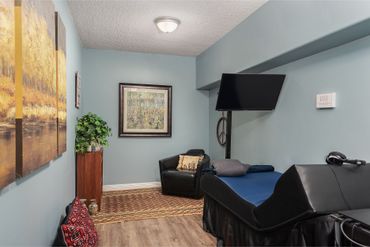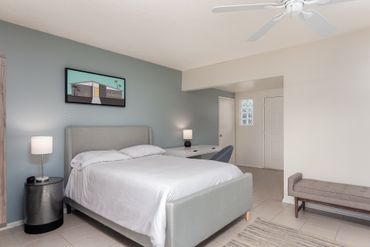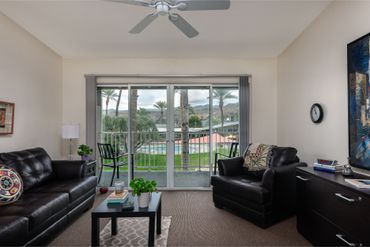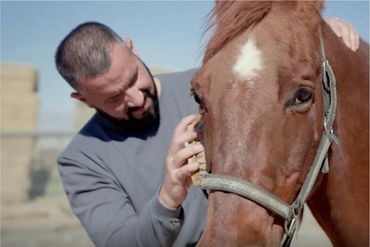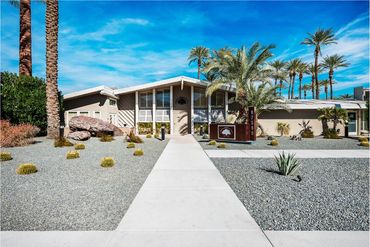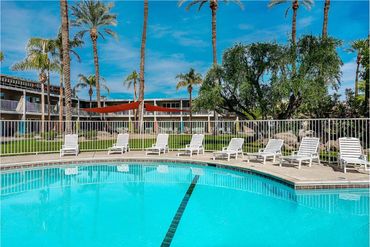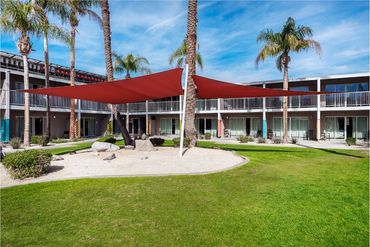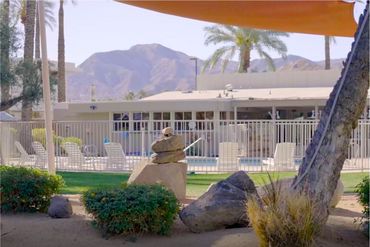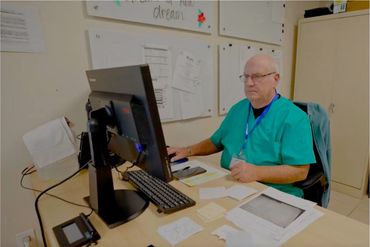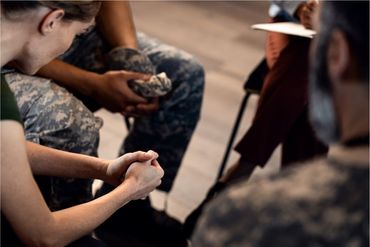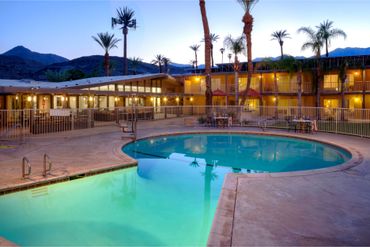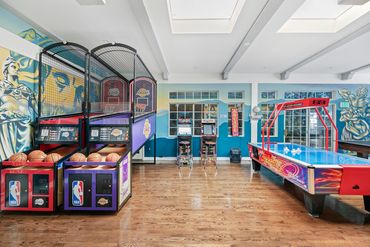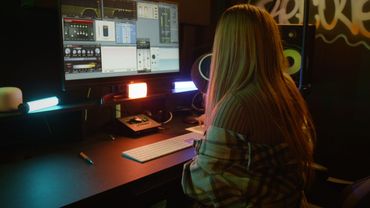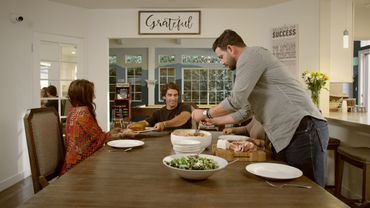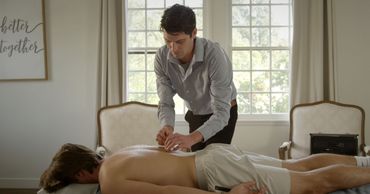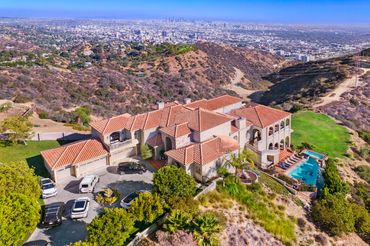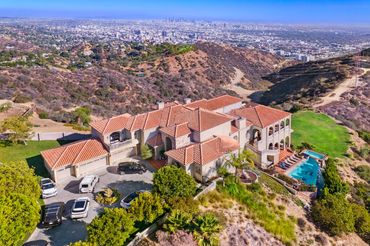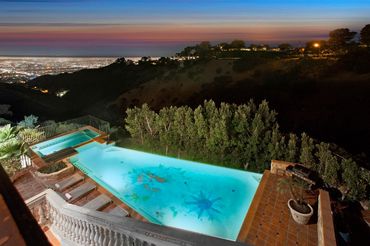
Drug & Alcohol Rehab Centers near Menifee, CA
While overdose deaths decreased by 36% from 2008 to 2014 across Riverside County, which includes the small city of Menifee, California, the area still struggles with substance abuse and overdose. Young adults are of particular concern. For example, 27% of overdose deaths among those ages 12 to 25 occurred in people younger than 20 years old.1
Losing so many people to addiction presents a serious crisis. Addiction is a complex and progressive condition, which tends to worsen as time goes on. The long-term use of many substances can lead to tolerance, which means that you require more drugs or alcohol to feel the desired effects. This can be a risk factor for overdosing on certain substances, such as opioids, since you may accidentally take a fatal dose in attempts to overcome your tolerance.
It’s important that you seek treatment if you find that you’re unable to control your drug or alcohol abuse. Since addiction results in changes in brain structure and function, it can be difficult to break the cycle of substance abuse on your own. That’s why professional treatment is available. There are numerous types of treatment programs, including outpatient, standard inpatient, holistic, faith-based, luxury, executive, and more. If you don’t know which program you’d prefer, you can always call our helpline for more information on available treatment options.
1. County of Riverside Department of Public Health. Health Matters: Riverside University Health System – Public Health. Overdose Incidence Among Youth, Riverside County, 2008-2014. August 2016
Treatment Centers near Menifee, CA
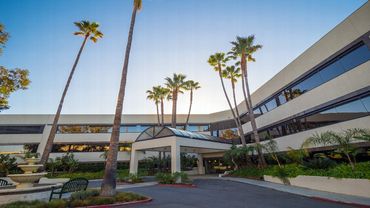
All Treatment Centers near Menifee, CA
Are You Covered For Treatment?
- Los Angeles Rehabs
- San Diego Rehabs
- Malibu Rehabs
- Costa Mesa Rehabs
- Long Beach Rehabs
- Sacramento Rehabs
- San Francisco Rehabs
- Fresno Rehabs
- San Juan Capistrano Rehabs
- Huntington Beach Rehabs
Information About Rehab in Menifee
Latest Reviews
Latest Reviews of Rehabs in California
Ambrosia Treatment Center
Forefront has been an amazing experience and I'm having a hard time leaving the wonderful staff, the great clients, and the beautiful facility. This program is truly life-changing and the amount of support provided is unbelievable. If you or someone you love needs help, 100% come to Forefront!
Bliss Recovery
CONSULT A LICENSED BTC / ETH RECOVERY EXPERT -SPEED ETHICAL RECOVERY HACKER I am really grateful to SPEED ETHICAL RECOVERY for their amazing efforts in assisting me in getting my $150,000 USDT back. When I discovered that my money had been stolen, I
Vanity Wellness Center
Vanity Wellness is by far hands down THE BEST REHAB YOU CAN ASK FOR !!! Armen the owner is a good friend and the most amazing person you could ask to help you on your recovery journey! He hires only the best staff to care for you! Thank you Vanity!❤️

